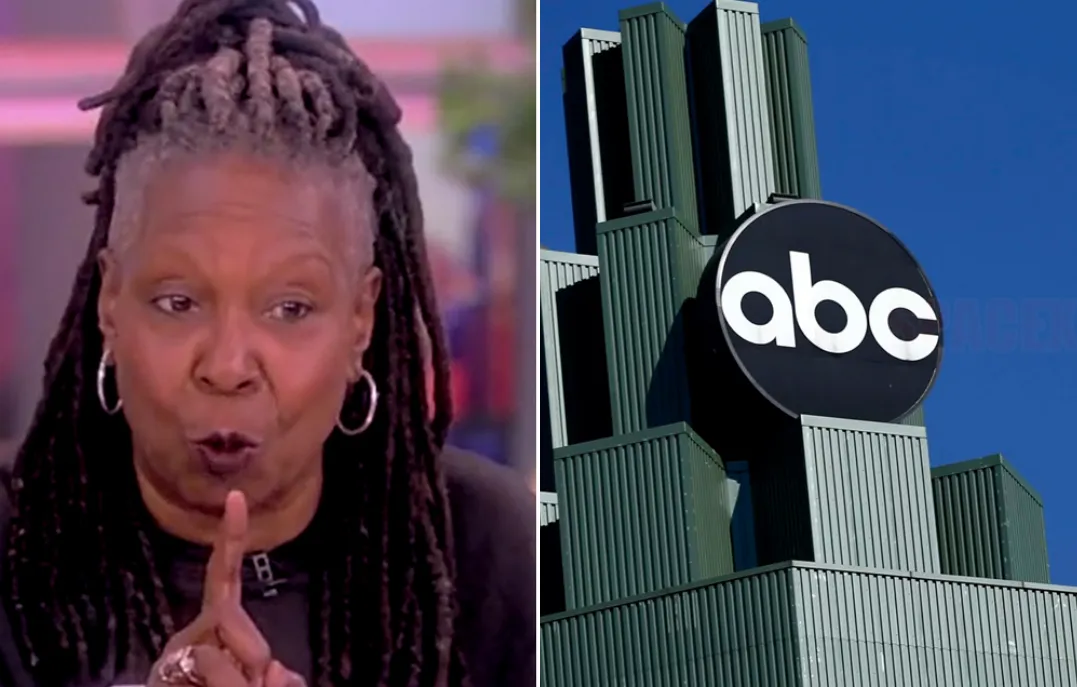The social media platform has become Musk’s personal misinformation engine. His response to Hurricane Helene is proof.
When Federal Emergency Management Agency first responders raced to western North Carolina in the days after Hurricane Helene, they expected much of the devastation they found in its wake: totaled cars, crumbling roads, homes filled with mud or ruined by floodwaters or washed away entirely.
What they didn’t expect was an alarming number of people under the impression that FEMA had already exhausted its disaster aid budget providing assistance to immigrants; that shadowy forces had orchestrated the hurricane to seize land for lithium mining;
and that the U.S. government could control the weather from an undisclosed location somewhere in Antarctica, and may have aimed the storm at Republican-heavy areas in North Carolina in order to hurt President Donald Trump.
Misinformation reliably festers after natural disasters. When networks are down and information is impossible to vet, already-traumatized people are understandably more susceptible than usual to believing bad news.
FEMA occasionally launches “Rumor Response” pages in response to such crises, when the stakes are especially high and the misinformation especially dangerous.
The page for Hurricane Helene, which recently took on the very wrong assertion that the government can seize land owned by disaster relief applicants whose homes are deemed unlivable, urges visitors to “find trusted sources of information,” and to “discourage others from sharing information from unverified sources.”
But common-sense guidance like this stands no chance on social media, especially X. Instead, the platform formerly known as Twitter was overrun with hurricane-related conspiracy theories after Hurricane Helene.
Many of them were pushed by America’s most mendacious demagogue not named Donald Trump: Elon Musk, who bought the site in 2022 and promptly set about reshaping it to suit his vanity, his prejudices, and his political agenda.
On X, Musk has amplified blue-check tweets claiming that FEMA would limit disaster relief to $750 per person, and was “seizing” donations and “claiming them as their own.” He’s spread vaguely apocalyptic claims that sheriffs in North Carolina are threatening to arrest any FEMA employees who “hinder rescue and aid work.”
Relative to Musk, who has X’s most-followed account, the original posts come from small-timers—one account posts mostly about Tesla and investing in it, and another seems especially fond of trad-adjacent memes. Musk’s co-sign, though, functions as a bullhorn for agitprop that generates thousands of retweets and millions of views.
It’s a dynamic that’s not limited to Hurricane Helene: A recent analysis by the Center for Countering Digital Hate identified 50 posts from Musk that contained false or misleading claims about the 2024 election. Together, the posts had been viewed close to 1.2 billion times.
An outspoken xenophobe, Musk seems to especially relish boosting the farcical lie that FEMA lacks sufficient financial reserves to last through hurricane season, since it has exhausted its budget “ferrying illegals into the country” in order to vote for Democrats in elections.
(“Treason,” Musk called it.) Already, he and other prominent right-wing influencers on X are blending novel hurricane-related conspiracy theories with more familiar voter fraud ones, providing a grim preview of the depths to which Musk might stoop if Donald Trump, whose candidacy Musk is enthusiastically supporting, loses the presidential election next month.
On October 4, when SpaceX engineers reported to him that they were having trouble helicoptering Starlink internet devices and other supplies to hard-hit areas, Musk raged about “belligerent government incompetence” and accused FEMA of “actively blocking citizens who try to help.”
This rhetoric was sufficiently alarming to draw a polite but obviously baffled response from Secretary of Transportation Pete Buttigieg, who clarified that, no, no one was “shutting down” airspace, and urged Musk to get in touch to clear things up.
Sure enough, as Politico reports, it turns out the problem was simply that Musk, a wealthy tech executive who designs some of the ugliest vehicles ever produced, was seemingly clueless on how emergency response logistics work.
After officials explained to him the protocols for conducting relief flights—protocols that everyone with any actual business in the region had no trouble understanding—the flights apparently resumed without incident.
To be fair to Musk, last time he showed up to a crisis in which he had no relevant experience, he produced a hilariously useless rescue submarine and ended up inviting a nine-figure defamation lawsuit. So in at least one sense, a dumb but easily resolved misunderstanding has to be seen as an improvement.
Musk’s tenure at Twitter has yielded plenty of embarrassing low points for the company. His weaponization of the platform to exploit the fears of vulnerable disaster victims for political gain might be the lowest.
It is also the inevitable output of his crabbed vision for the site, which mostly entails putting himself at the center of it. Almost soon as he arrived, Musk gutted the bare-bones content moderation infrastructure that was in place under previous ownership, allowing hate speech, harassment, and child sexual abuse material to flourish.
He transformed the blue check verification system, which formerly designated accounts owned by celebrities, journalists, and other public figures, into a badge available to anyone willing to pay for an algorithmic boost.
He promoted right-wing politicians and dove headlong into culture wars, launching a one-man crusade against the scourge of the “woke mind virus,” a phrase he uses to denote anyone whose enthusiasm for racism, sexism, and transphobia does not match his own.
Unsurprisingly, the site’s new value propositions appealed most immediately to grifters, white supremacists, or some combination thereof. Pro-Nazi propaganda on X has racked up millions of views, and the porn bots became so ubiquitous that Musk himself was forced to acknowledge the problem.
A 2023 study by NewsGuard found that about three-quarters of viral posts containing false or unsubstantiated information about the Israel-Hamas war came from blue-check accounts.
High-profile advertisers quickly bailed for platforms not owned by the sort of guy who might at any moment characterize antisemitic conspiracy theories as “the actual truth.” Musk’s primary responses to the self-induced enshittification of the site have been insulting and suing those who had the audacity to recoil from it.
At this point, X is basically engineered for misinformation; if you are still chasing the fleeting dopamine hits that accompany likes and retweets, posting deranged lies that align with Musk’s worldview is the strategy most likely to pay off.
In Hurricane Helene’s aftermath, a tweet asserting that “elites” were engaging in “weather modification” in pro-Trump areas racked up more than 11 million views in just a few days, according to analysis from the Center for an Informed Public at the University of Washington.
By October 3, when Georgia congresswoman Marjorie Taylor Greene asserted—on X, of course—that an unspecified “they” can “control the weather” and it would be “ridiculous” to pretend otherwise, this notion had been ping-ponging around the right-wing media ecosystem for nearly a week.
Well-intentioned efforts to debunk such lies, from FEMA and others, are no match for the compounding influence of the repost button: Meterologists tracking Hurricane Milton’s approach to the Tampa area received death threats for suggesting that hurricanes might not be created by space lasers after all.
Like most things on the internet, the pre-Musk version of Twitter was both badly flawed and nevertheless useful: a staple of the news ecosystem; a borderline-essential part of the experience of watching live sports; a near-bottomless supply of good jokes; a tool that helped drive meaningful social change;
and a forum that allowed anyone anywhere in the world to interact directly with famous and/or important people, for better and for worse. For roughly a decade, whenever anything of note happened, the first thing that millions of people did was open their phones to see what the people they followed were posting.
The Musk version of the site—a digital wasteland occupied by neo-Nazis, crypto scammers, and venture capital reactionaries who imagine themselves to be among America’s most influential thought leaders—is none of these things.
Under his leadership, X now functions as an addled Silicon Valley billionaire’s personal misinformation engine, which he is free to direct at whomever he feels like hurting.
Today, this means terrorizing hurricane survivors and the people working to help them pick up the pieces; next month, it will be poll workers and election officials instead. I’m not sure who he will decide to target after that; I am sure we’ll find out soon enough.



